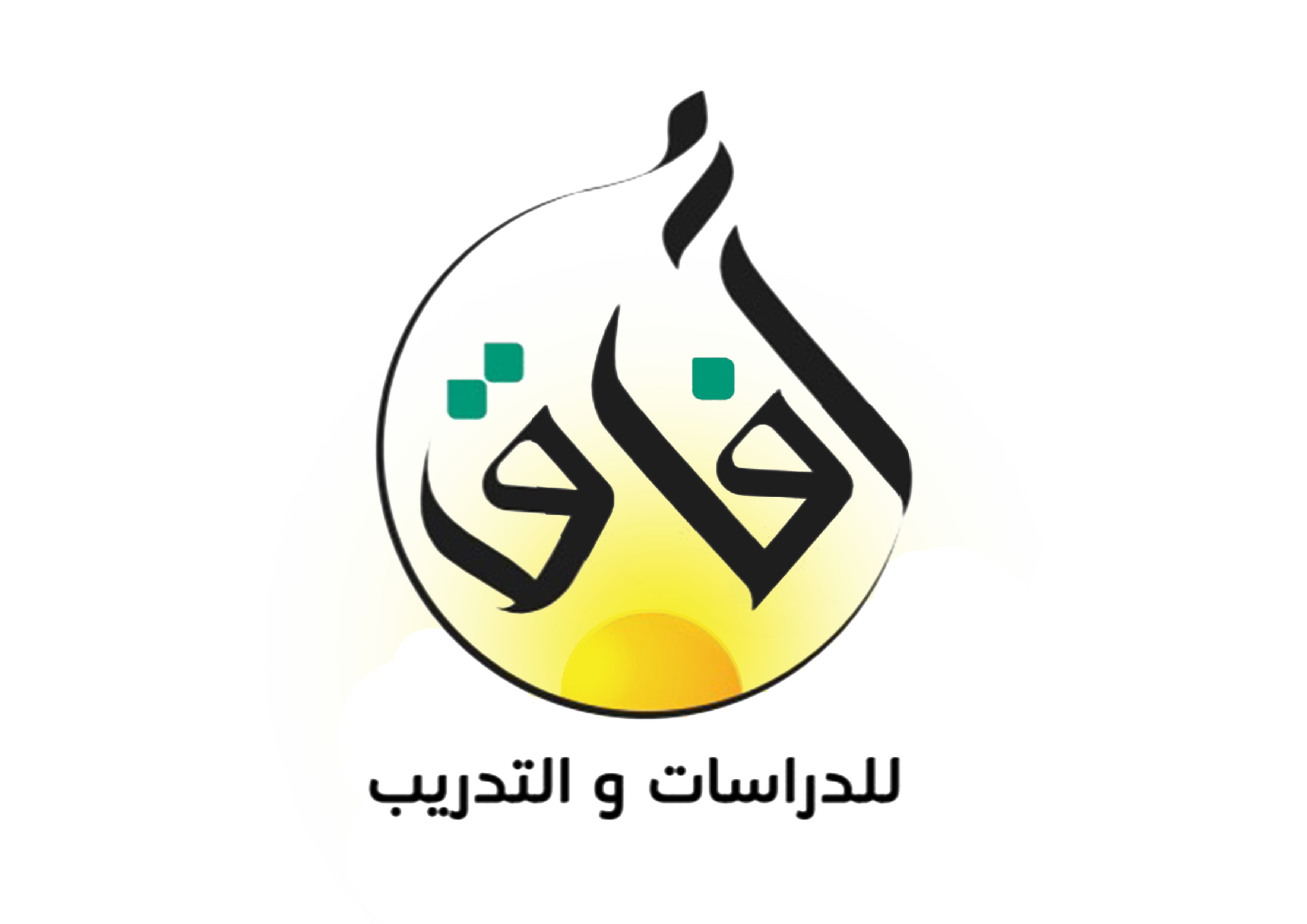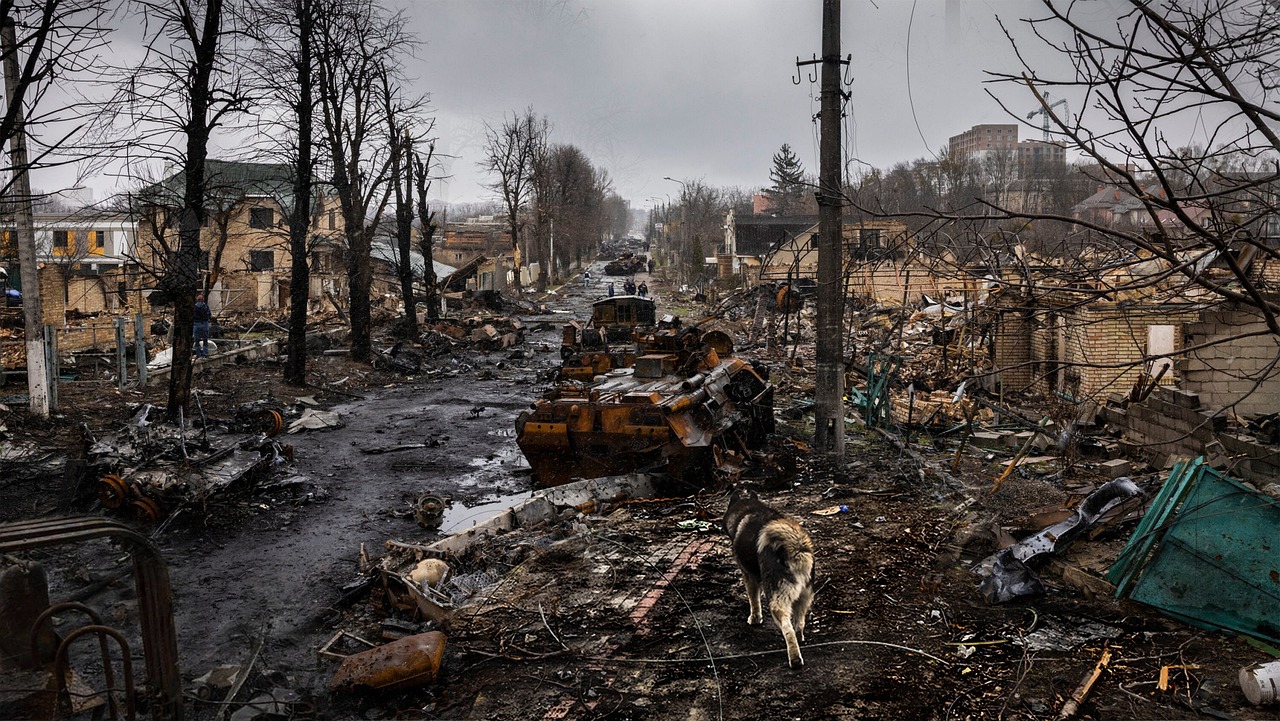The consequences of external interference in Libya are harvested in Chad
By Imad Atoui”
Research Associate at the Center for Islam and Global Affairs (CIGA) at Istanbul Sabahattin Zaim University
The failure of the political transition in 2014 opened the door for violence in Libya. The unresolved political dispute between the GNA (Government of National Accord) and the LNA (Libyan National Army) resulted in countless military groups and militias fighting for their respective parties. The limited strategic capacities of the enemies and their desire to topple one another compelled both parties to seek external military backup
After 2014, Libya became a war zone. The military groups and political blocs were militarily backed by external actors. Mercenaries from different parts of the world have been brought for backup, and criminal groups and rebels from Chad have joined as well
Chad and its rebels
The politics in Chad is different. The rebel movements in the context of Chad are not a new phenomenon. Instead, the opposition/the rebels in Chadian politics are known as the politico-military movements. The ruling party and the opposition have frequently dealt with each other through violent means. The post-colonial political transitions in Chad have always been between rebellions and the government. Even Idriss Déby came to power through a rebel movement against Hussein Habré’s rule in 1990
Rebels from Chad have also found momentum in Libya. The fierce military reaction by the Chadian military -in the last decade- has curbed the rebel movements and different armed groups due to the lack of resources. With the fall of Libya, armed groups from Chad and the Sahel region have joined Libya to become mercenaries
The rebels have regained their strength in Libya. The UFDD (Union of Forces for Democracy and Development) of Chadian rebels resumed their power with the weapons Gaddafi left behind and the military backing of different external actors that Libyan military groups were allied with
Despite being from different parts of Chad, the common aim of toppling Idris Déby’s rule unified the scattered rebels. Yet, the political problems in UFDD and its desire to lead created a rift between leaders in the Union. Consequently, a new group spun off of UFDD under the name of the FACT (Front for Change and Concord in Chad) in 2016
FACT also had a split. In the same year of its defection from UFDD, a group of rebels came out of FACT under the name of CCMSR (Military Command Council for Salvation of the Republic). The FACT joined the Libyan militias of the Western Bloc, as CCMSR was fighting with Haftar. The split of one group into different groups is a normal phenomenon in rebel movements. Usually, weaker groups come together when they need each other and feel they cannot survive
Yet, once the vulnerable groups get more potent in terms of capabilities and human capacities, a split becomes a must for each group to defend its political agenda. As UFDD begot FACT then CCMSR in Libya, other old groups like MDD (Movement for Development and Democracy) split into two groups: MDD-FANT (MDD- National Army Forces of Chad) and MDD-FAO (MDD-Western Armed Forces) in Chad in the 1990s
After almost a decade of bloodshed, the US voice was heard for a political resolution in Libya. Despite many political initiatives the UN had taken to end the civil war, the rivalry between many external actors made political solutions impossible. The US’ supervision of Libya’s 2021 elections was apparent through the US ambassador to Libya
The success of the electoral path in Libya compelled the Chadian rebels (mainly FACT and CCMRS) to leave. With the current political course of the Dbeibeh’s government, resolving the differences between Libyans tended to be through non-violent means. Through that, Libya closed its space, and rebels headed south to find another arena. Their coming to Chad started with the killing of the Chadian President Idriss Déby Itno
Again, FACT and CCRMS were in dispute in Libya, but they are on the same page when they came back to Chad. The military conflict between FACT and CCRMS was seen in the defection of the latter from FACT in 2016. Nevertheless, the common aim of toppling Idriss Déby and the need for union compelled CCRMS to support FACT and then take part in toppling Idriss’s family rule
Other local and transborder Chadian rebel movements have also taken part in the military campaign against the system. Though FACT has seemed alone in initiating the military conflict against Idriss Déby, CCRMS and other rebel movements have, later on, jumped in; FNDJT like (Front de la Nation pour la Justice et la Démocratie au Tchad), UMDD (Union des mouvements pour la démocraties et le développement), UNC (Union national pour le changement), and recently MRT (Mouvement de la renaissance Tchadienne)
Strategic mistakes
The interests of the interfering states marked the leading cause of Libya and Chad’s chaos. The external strategic interference in Libya combined with a careless external policy towards Chad became the main reason for the assassination of the Chadian President Idriss Déby Itno
For Libya, the military backup of many external actors incentivized weapons proliferation among different groups. Instead of reaching a political resolution, the military backup of external actors to local disputing blocs ended up fueling the civil war. Since 2014, Libya has been prone to external geopolitical agenda as the country became a hotbed for all kinds of weapons
Even with the Dbeibeh government, personal interests made external actors focus on building ties with the new government and turned a blind eye to their military allies. However, with the political challenges in Libya, unlimited interests and uncalculated moves fall heavy on other states’ spheres of influence in Chad
Chad is a French sphere of influence. The French geopolitical game in Chad speaks volumes in maintaining the French power in the country. France has one of the most significant military bases in N’Djamena, and it has a lengthy profile of military intervention in Chad. They also influence the economy; besides the French companies in Chad, oil represents more than 90% of Chad’s exports to France
However, the French policy towards Chad would jeopardize Paris’s interests. Déby’s three-decade-long regime was compatible with the French interests in Chad and the Sahel. Paris thus supported Idris Déby’srule against the rebels. The French policy towards Chad did not match its approach in Libya
French political support to Haftar is a critical mistake. CCRMS or whatever other rebel groups fought with Haftar, who had French and other actors’ support. On the day of the political resolution in Libya, those who had French support in Libya became a critical impediment to French interests in Chad
?Have the influential powers learned a lesson
The killing of the Chadian president is only the beginning of another test faced by external powers in Chad and the Sahel. The consequences of external interference and strategic mistakes in Libya have just begun being harvested in Chad. The military backup and the political support of Haftar in Libya were, allegedly, to fight terrorists. In a bizarre turn of events for the French: those who supposedly fought terrorists alongside Haftar are now themselves deemed terrorists in Chad
qiraatafrican : Source
سجل في النشرة البريدية
سجل في النشرة البريدية ليصلك جديد المؤسسة



